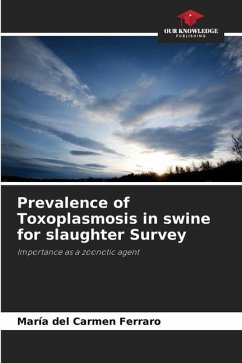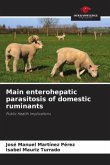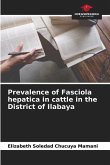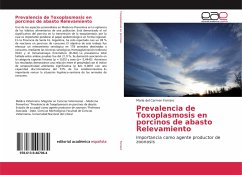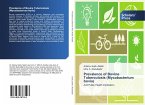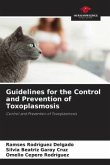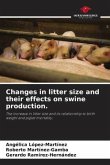One of the most important aspects in Preventive Medicine is the surveillance of food habits of a population. The significant role of swine in the transmission of toxoplasmosis has been demonstrated, so it is important to consider the epidemiological role in a regional way. In the Province of Santa Fe, Argentina, almost 38% of reactors have been reported in swine for consumption. The objective of this work was to carry out a serological survey in 178 animals destined for consumption, by means of the serological techniques Indirect Hemoagglutination (HAI) and Enzyme Linked Immunoassay (ELISA). The total prevalence found between both tests was 21.9%. An association was demonstrated in the light capons category (p = 0.05) and sex (p = 0.4443). Likewise, the results showed a highly significant relationship between weight/age with the seropositivity index (p < 0.0001 with a discriminatory capacity of 73% of the establishments. It is important to review the hygienic-sanitary situation of food animals.
Bitte wählen Sie Ihr Anliegen aus.
Rechnungen
Retourenschein anfordern
Bestellstatus
Storno

